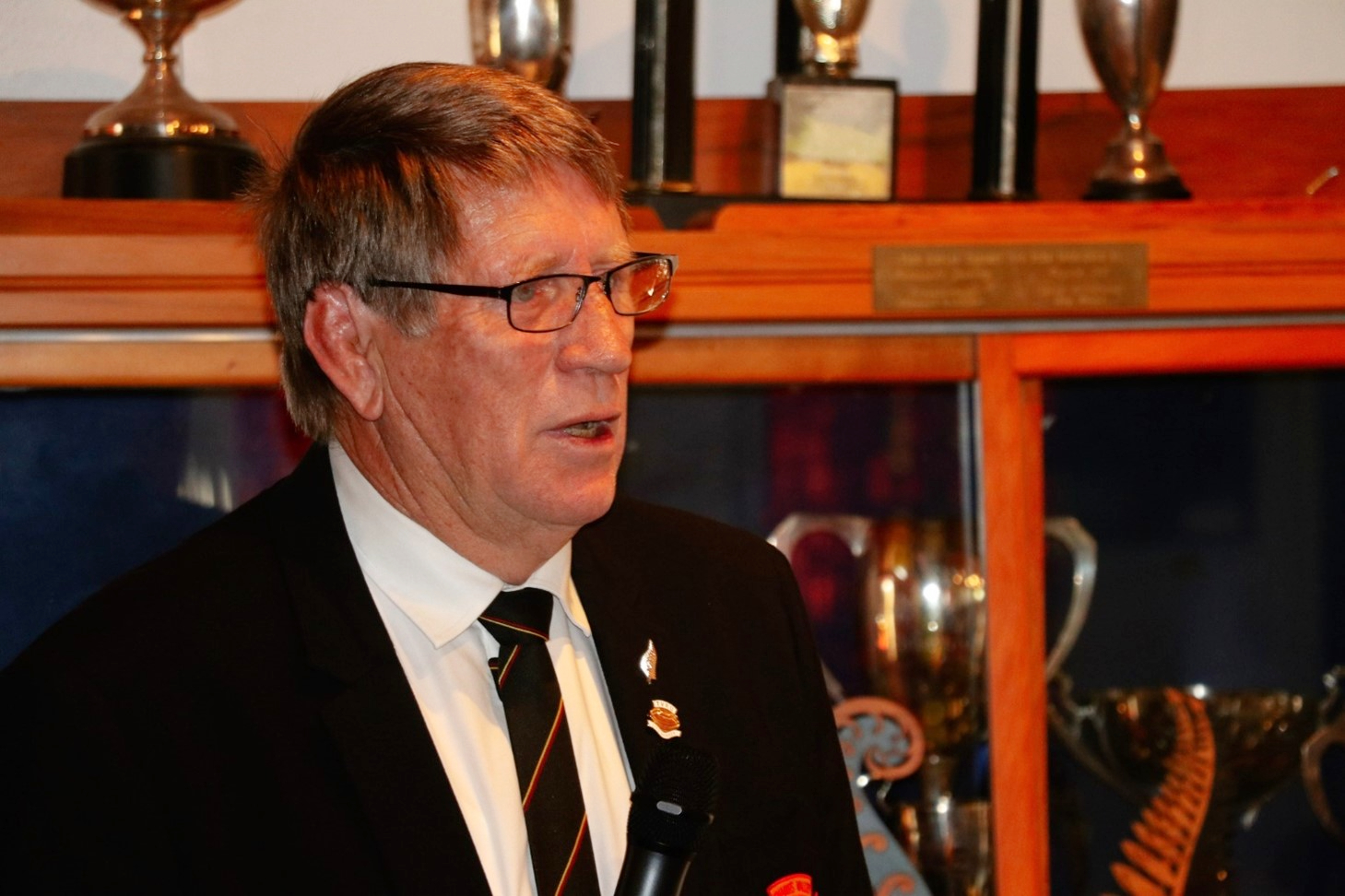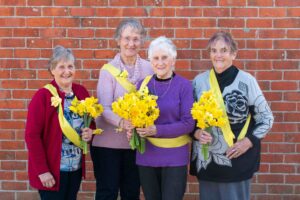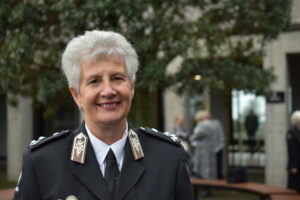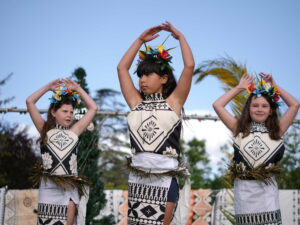Rugby stalwart Ross Cooper knew something was happening on the sidelines.
He just wasn’t sure what.
While both Ross and his wife Judy had their suspicions something “secret squirrel” was afoot, with mail even being “snaffled” from the letterbox, it was little more than a week ago when they learned the purpose – that he’d been named a King’s Service Medal recipient in this year’s King’s Birthday Honours.
The recognition has left him feeling “incredibly proud” and humbled, as he reflected on more than 50 years of service to rugby.
As a player, Ross played for Wairarapa-Bush, Centurions, and the Thames Valley Rugby Union, serving as captain, and variously as team manager and selector coach between 1984 and 2007. He won two national titles with Thames Valley in 1988 and 1990.
He then moved on to be a senior coach for Counties Manukau, and the Chiefs Super Rugby Team, and has been a selector for various New Zealand Under 17, Under 19, New Zealand Colts/Under 21s, Academy, Divisional, and Heartland teams.
He was an All Blacks Selector and Assistant Coach from 1994 to 1998, and counts among his proudest moments being part of the All Blacks coaching team that made history in 1996, clinching their first-ever series win on South African soil.
But despite working on rugby’s biggest stages, Ross has never lost sight of his Thames Valley roots. He has been involved for more than 14 years on the Thames Valley Rugby Union Executive Committee, including five as deputy chair, and is now its president and a life member.
And even in the most established rugby circles, he always made sure his region had a voice.
“I was in the Canterbury Supporters Club and Bill Bush, who’s a famous All Black, was reading out the results of the day,” he recalls.
“I said: ‘Excuse me, Mr Bush, could you please read out the results for Thames Valley?’ And the whole crowd turned around and looked at me. I just thought, well, you shouldn’t just read out First Division.”
Having spent most of his life in the provinces, Ross, from Waihī, knows first-hand the strength of New Zealand’s rugby heartbeat in the smaller regions.
He says he’s most proud of helping to break the notion that skilled rugby players only come from big centres.
“I’ve spent most of my time in Thames Valley, but people just assume that you have to be in Auckland to make a team,” he says.
“You sort of break down some of the barriers that, you know, you have to live in Auckland or you have to play for the big teams to get there… but a lot of our All Blacks start in little Heartland units. You’ve got to dream; you can get anywhere if you want to work hard,” he says.
“I’m very passionate about Heartland rugby, that’s what I’m trying to say.”
As a selector and coach, Ross had a sharp eye for emerging talent – and a knack for spotting it early. One of his most memorable discoveries came during his time coaching Counties, when he first saw a young Jonah Lomu play for Wesley College.
“I came back from Counties one night, and told Judy: ‘I’ve seen an All Black.’ She said, ‘What? You’ve seen an All Black?’ and I said, ‘Well no, he’s not an All Black yet, but he’s going to be’. And it was Jonah.
“What happened was, in ‘94, I got him in my squad. He played against Horowhenua in 1994, and that was his first game ever in the league.”
Rugby Database has it written: It was Wednesday, May 4 at what was then called Lion Red Stadium. Counties won 108-12.
It’s a memory etched into the try line of his career, but Ross – whose first job was as an intermediate school teacher in Rotorua – says he wouldn’t have been able to master any of it without his family’s support.
“I’m just a school teacher from Waikato, basically, who fell into coaching,” he says. “You know, I’m very honoured. If it wasn’t for Judy and the family, I would have never made it. I would never have done it without them.”
And even though the King’s Birthday Honour was, for a time, a well-kept secret, Ross’ impact on New Zealand and homegrown rugby is anything but.
BY KELLEY TANTAU





